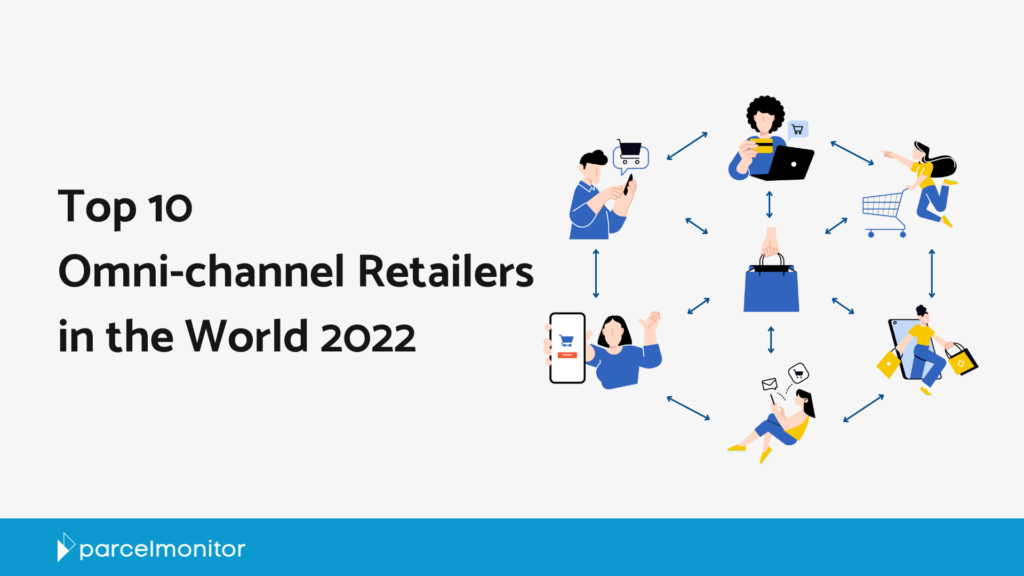Omnichannel is now at the forefront of e-commerce, assisting businesses to grow their customer base and boost revenue. Today, many companies, from large corporations to SMEs, are attempting to reposition themselves as omnichannel retailers. However, putting it into practice remains a challenge since not all firms have the knowledge or means necessary to successfully implement an omnichannel strategy. Recognizing this issue, Parcel Monitor has compiled a list of the top omnichannel success stories.
Nespresso: a perfect blend of offline and online touchpoints
Nespresso, the world’s largest and most profitable coffee company, is the first on the list. If you’re wondering why this brand is featured first, it is mainly due to its unique omnichannel strategic approach. To be more specific, Nespresso chose to showcase only a few of its items to available channels rather than all of them. The remaining products were restricted to more specialized mediums.
For instance, its coffee machines are sold through a branded app, website and third-party department stores but only Nespresso itself sells its “authentic” capsules. This strategy makes its capsules an “exclusive product”, distinguishing it from competitors like Starbucks and L’Or. Furthermore, as part of its omnichannel strategy, Nespresso has begun placing a larger emphasis on physical shops in recent years.
Sephora: revolutionizing omnichannel beauty
Sephora is an internationally recognized beauty brand that is also a savant in the omnichannel retail space. This company has recently used technology to greatly improve the in-store experiences of its customers. When a consumer visits its shop, for example, Sephora’s mobile will track their location and provide relevant information such as a store map and special offers. Based on the search history, each customer is also provided with personalized recommendations, which will increase customer engagement and loyalty.
The omnichannel process does not stop when customers leave the Sephora stores. Through mobile apps, Sephora Beauty insiders can access a huge amount of information by tapping into the Beauty Bag. They can even use the “Virtual Artist” tool to try on hundreds of different colors and styles before having their favorites delivered right to their home.
Pomelo: a unique “try first, pay later” option
Pomelo is one of the earliest fashion retailers that has dabbled in omnichannel logistics. Its success is mainly thanks to the perfect mixture of creativity, technology and a solid understanding of its customers. Although Pomelo concentrates on online sales, the CEO recognizes the significance of the actual experiment. Pomelo expanded its omnichannel shopping experience by opening its first physical store outside of Bangkok in 2018, enabling customers to interact directly with the products (e.g., caressing the fabric).
The special feature of a Pomelo physical store is its “try first, pay later” approach. Rather than showcasing clothes, its stores operate as fitting rooms. Customers will explore products on the Pomelo website or mobile app before deciding when and where they want to pick them up. On the appointment day itself, customers will come to the selected branch to try them on, and then subsequently decide which ones to take home.
To find out who else made Parcel Monitor’s top omnichannel retailers list, click here.


